Kubernetes is taking over the world. Companies that leverage Kubernetes benefit from its scalability, cost-efficiency, and insane flexibility. But with great flexibility comes great complexity. Deployments vs DaemonSets vs StatefulSets, Ingress vs Service, Istio virtual services, Destination rules, Gateways, ServiceEntries, and many-many more
10
Years of experience in IT
70%
Shorter time-to-market delivery
100+
Successfully completed projects
Kubernetes Consulting
Kubernetes Consulting benefits
Kubernetes may have a steep learning curve, but we learned from each and every project we had. Here is what you get from learning from us
Top-notch technologies
Security
Deployment
Scaling
Cloud integration
Development velocity
Our Kubernetes expertise
Get tangible results with Alpacked cloud solutions!
Kubernetes in the cloud
- Cluster setup using terraform, cloudformation, eksctl, and others
- Cloud native integration(IAM, storage, etc)
- Cost efficiency optimization
Kubernetes on-premise
- Cluster setup using kubespray and kubeadm
- Cluster setup using virtualization technology (VMWare, Proxmox)
- Load balancing and storage - metallb, ceph, rook
Security
- access management
- Traffic control
- Runtime control
- Security patching
- SIEM
- SOC2, FedRAMP, HIPPA, and others
CI/CD
- Templating and deployment using Helm, Kustomize, and SDKs
- GitOps using Flux and ArgoCD
- Continuous integration using temporary pods, CRDs, Kaniko, Skaffold
Monitoring and Observability
- Prometheus stack
- ELK stack
- Infrastructure and application obeservability using Jaeger tracing
Chaos engineering
- Continuous testing using Gremlin, Chaos Mesh
- Documentation
Development
- Interaction with Kubernetes API
- Operator
Cloud native
- networking - istio, envoy, CNI, linkerd
- scalable databases - tikv, vitess
- security - TUF, OPA, falco
Kubernetes solutions
This is not even a complete list of tools we have proven experience with
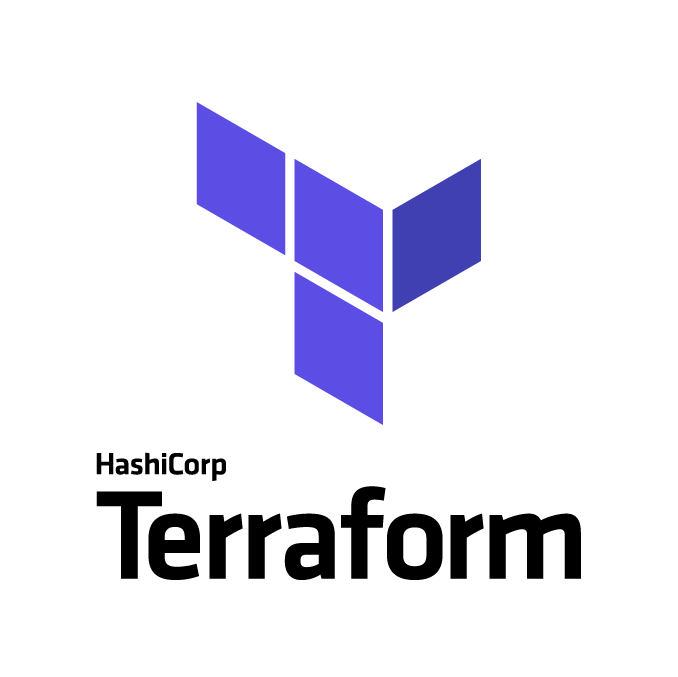

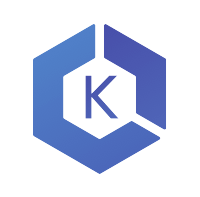


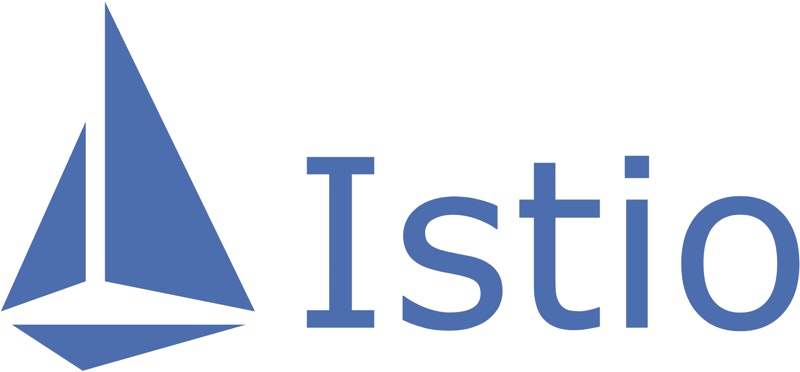




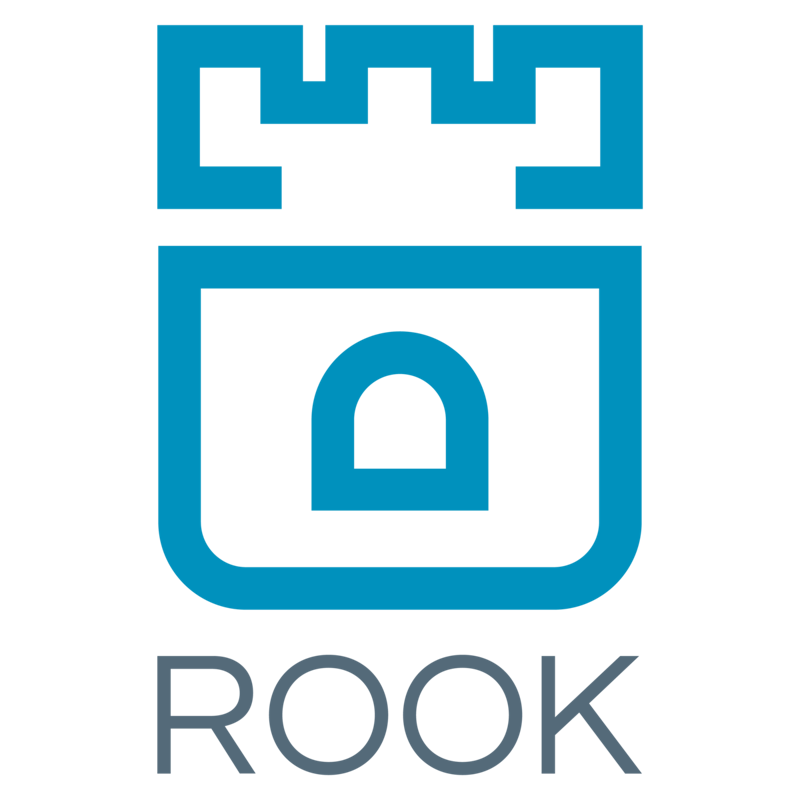


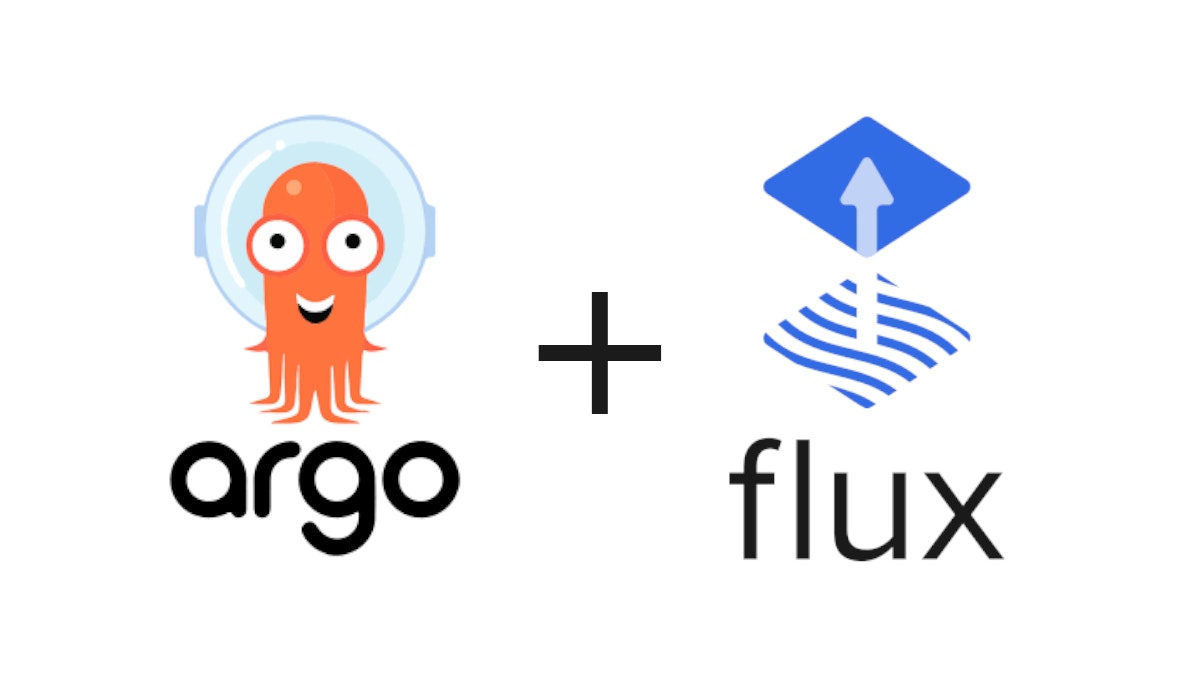







4 good reasons to choose ALPACKED as your GCP consulting partner
Proven expertise
Proven expertise and dozens of successfully completed projects involving Google Cloud Platform services.
Experience
ALPACKED - DevOps agency that has more than 10 years of IT experience and high satisfaction rate among clients. Just check what our clients say about us!
Support 24/7
Our DevOps managers are always ready to answer your questions. You can call us on the weekends and at night. Because we are time zone and culturally aligned.
Great rates
We have special prices for our loyal customers and startups.

Let's arrange a free consultation
Just fill the form below and we will contaсt you via email to arrange a free call to discuss your project and estimates.
How our team can help you to work with Kubernetes?
More than 80% of projects we had at Alpacked involved Kubernetes. Our expertise is a lot more than simple creation of deployments, services and ingresses for applications. Throughout the last years we’ve been trying to be on the cutting edge of technologies and approaches that many IT experts use thanks to rapid growth of this technology.
There can be many reasons why you want to consult with us:
- Starting a new project and evaluating the benefits of using Kubernetes
- You’ve heard a lot about Kubernetes from your peers or colleagues and want to hear professional opinion about it
- You already have Kubernetes running but you want to review how good it’s been configured and how to improve it
- You want to make scaling of your application work better
- You want to add more security and reliability to your Kubernetes setup
Here is how we approach any project when we start the work:
Discovery
We make an intro call with you or your team and discuss the main values you are looking to get from working with us
Application architecture review
We review how your application is architected, how do you handle configurations, whether you use healthcheks, is it stateless or stateful
Scaling review
Finding scaling bottlenecks in your application can be crucial item if you want to handle loads above average and allow your end users not to worry about speed of the app they are using
Security audit
Kubernetes security should be treated carefully, we have experience working with companies which required HIPAA, FedRamp and ISO 27001 compliances
Monitoring overview
As a system Kubernetes can handle a lot of operational stuff for your application. Bad overview of your system can lead to big problems in performance and fault tolerance. Alpacked can help to build proper monitoring solution for your architecture and find issues before your end users.
Staff knowledge sharing
Learning curve can be quite steep for Kubernetes and it is very important to make sure that your dev team knows how to work with this tool and we
Roadmap
After all the steps above we build the plan that we think will be the best for your goals we established in the discovery phase. We believe it is important that you understand how much time and effort it will take to achieve what you want
Implementation
After roadmap is confirmed Alpacked team can help you to implement it according to best practices so your dev team can focus on developing the application better and faster
If you want to know more about Kubernetes consulting we provide - let’s schedule a call and discuss everything in the details.
Kubernetes FAQs
Have other questions? Email us!
sales@alpacked.io
Why should Kubernetes be adopted?
Kubernetes is brilliantly designed. It provides an easy-to-use interface to begin with, allowing one to quickly deploy an application in a reliable and scalable way. But at the same time, it provides some advanced functionality, for those who dare to dig deep and configure Kubernetes to exactly match their needs. Kubernetes consulting, for one, includes assisting in creating a Kubernetes Operator, that allows integrating application logic into Kubernetes API, and manage events based on custom logic
When shouldn’t Kubernetes be adopted?
Kubernetes perfectly fits for new-fashioned applications - stateless micro services, serverless, and cloud native applications, but it might bring more harm than good for old-fashioned legacy applications. Kubernetes does not favor sacred cows, which state is of great importance. Instead, it prefers to operate a fleet of temporary, interchangeable microservices. As a result, deployment of a monolithic application might be longer and more complicated than deployment to a simple server, bring literally no advantages, making the whole effort of moving to Kubernetes, meaningless.
How long does it take to move to Kubernetes?
The migration to Kubernetes has the same patterns, and can be classified the same way as cloud migration. Each strategy has its own timelines, amount of effort, and the required expertise of the team. For example, the lift and shift method is the fastest and easiest way to go to leverage Kubernetes. In some cases, a month might be enough to migrate this way. IT does not require extensive knowledge of Kubernetes and can usually be done by in-house employees. On the other hand, it does not allow one to leverage all the benefits of Kubernetes and will cause certain issues and blockers in the future. On the contrary, lift, tinker, and shift method is more expensive than the first one, requires extensive expertise, and longer timelines (at least 3-5 months), but brings significant profit in the long run, as it improves the delivery and development velocity.
What does MVP on Kubernetes infrastructure-wise look like?
Infrastructure has to at a minimum cover the following aspects: deployment, backups, disaster recovery, internal routing, security, and scaling. At Alpacked, we usually solve this by leveraging Helm for configuration management and deployments (as part of larger setups like ArgoCD), Istio for security and internal routing, Cloud-specific tools for backups and scaling, Kubernetes Autoscaler for both internal and external scaling (pods and nodes), and both Kubernetes and Cloud-specific tools for disaster recovery
How to prepare a dev team for Kubernetes?
It’s impossible to utilize Kubernetes at full scale without the thoughtful work of a dev team. Team leads and architects have to understand the main concepts, architecture, and extension points of Kubernetes to efficiently utilize it other than an old-fashioned hosting platform. Putting aside a requirement for real-world experience, they have to understand the underlying processes, like scheduling, mutations, and validations. Developers have to properly estimate the usage and performance of their applications in order to have reliable and efficient scaling. They have to get used to debug, search and troubleshoot Kubernetes processes, as well as proper ways of handling stateful applications and storage management.
What are the main Kubernetes pitfalls?
Throughout the countless projects we’ve been through, we identified the main pitfalls and stopping points that are common to all the projects regardless of the application architecture and business requirements. This is a paradox, but usually, the main problem consists of both under-utilization of Kubernetes capabilities and a full-scale belief in its borderless functionality. Kubernetes is a powerful tool and it has to be properly used to get the maximum out of it, and at the same time, it is just a tool and not a panacea.
Another pitfall that we’ve been constantly facing is a problem in a paradigm shift. After long years of classic hosting using forever-living servers, engineers got used to the fact they can log in to a server, search through it, check the logs, add debuggers and modify a code in-place to find a problem or get visibility of a process. This is completely different in Kubernetes world, where everything is ephemeral, everything is temporary. Logs have to be shipped to a persistent storage, code is immutable, and there’s no statefulness by default. In order to work with it, it is necessary to completely change the approach and adapt to new realities.


.jpg?ixlib=gatsbyFP&auto=compress%2Cformat&fit=max&q=75&w=700&h=525)
